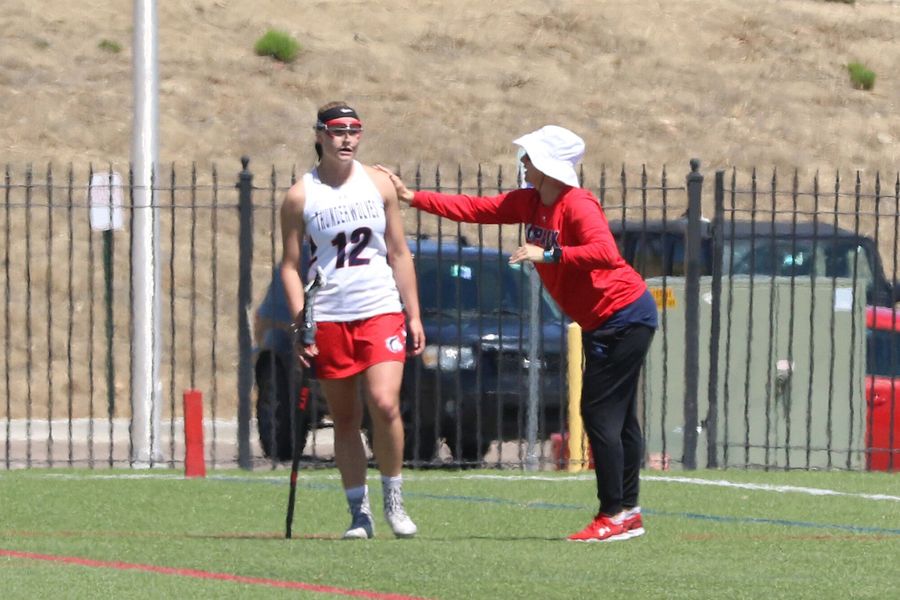What Does It Mean to Be “Mentally Tough?”
As coaches, we throw the word “mental toughness” around on the daily. “We lost the game because we just weren’t mentally tough!” “The players today just aren’t as mentally tough as when I played or started in coaching!” “These kids just need to be mentally tough!”
I am guilty myself of using some of these quotes. After having two, not so good seasons, I started really using, “You’re just not mentally tough enough.” Then, I would hear an athlete’s comment, “well…she’s just not mentally tough.” At that moment, I started to reflect, wondering are we, as coaches, giving the term “mentally tough” a negative perception?
We seldom say we lost the game because the other team outplayed us; instead, I hear “My team just isn’t as mentally tough as the other team to pull out the win.”
I then reflected even more. We put so much pressure on these athletes; perform in the classroom; be the best at weights and conditioning; push through the injuries; be a good role model; and yet, we never consider the pressure the athletes already put on themselves.
So what if you miss a shot or slide on defense or the goalie didn’t get that save? Does that mean you are not “mentally tough?” To me, that means you are human, and to be human is to make mistakes.
I noticed when I was using, “you’re just not a mentally tough team” or” we need to be mentally stronger,” I would see another added weight on my athletes’ shoulders. To them, it means, “I’m not fast enough, I am not a good attacker, I’m not strong enough” etc., and “great now I’m not mentally strong enough to be here!”
Student-athletes deal with so much more today: Social media, Peers, fans, and now live video interviews after games and some after tough losses. All this negativity coming at you, all the time, would make anyone crack or question themselves.
I don’t think it is that today’s athletes aren’t as “mentally tough” as past athletes. I believe it’s the pressure of failing and seeing it over and over again on social media, broken down in film sessions, or even in post-game interviews.
I am not, by any means, a psychologist, nor do I claim to be one. I have just noticed when we stopped using mental toughness as a negative inference, our athletes were able to push themselves through situations they couldn’t in the past. They didn’t step out of the conditioning drill, and teammates pushed each other in a positive way. When a teammate pushes themselves to the next level in a fitness test, we use the term mental toughness in a positive to give them confidence instead of using it to take it away.

